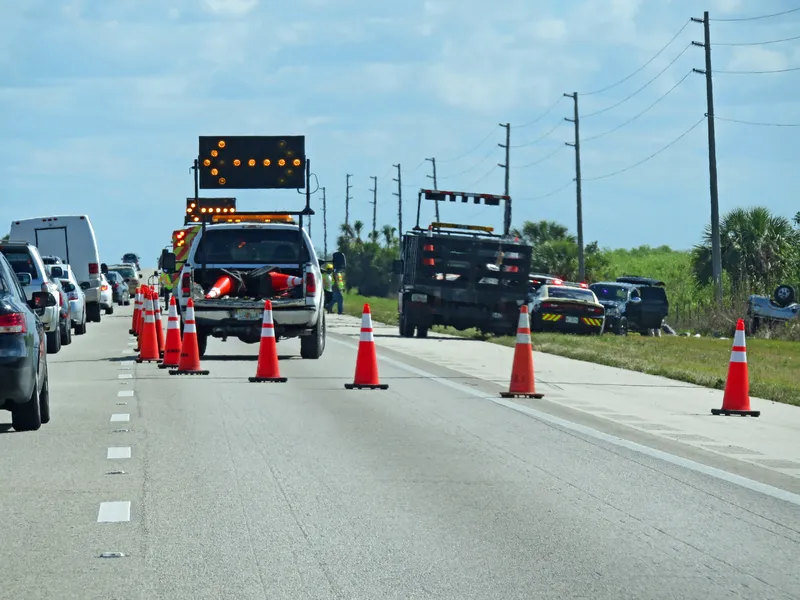Aggregated real-time signal information, fed through predictive algorithms, is sent to Gainesville drivers via the company’s Enlighten mobile app. The app will eventually be integrated with connected car displays and powertrains, the company says.
App features include red light countdowns and green-wave speed indicators which are intended to help drivers make decisions such as slowing down sooner or taking their foot off the pedal and coasting to the light.
The green wave speed indicator helps drivers safely adjust their speed to get into a wave of green lights and avoid stopping, the company adds.
Connected Signals started working with Gainesville last year as part of the University of Florida Transportation Institute’s I-Street testbed – an initiative to trial connected and autonomous vehicle technology. The project was developed in collaboration with
According to Connected Signals, nearly all of Gainesville’s traffic signals are now online with its smart signal information.
Emmanuel Posadas, traffic operations manager at the City of Gainesville, says Connected Signals provides the technology and support at no cost to municipalities if they allow data sharing.
Matt Ginsberg, CEO and co-founder of Connected Signals, says: “This programme has been successful in Gainesville, and we are now working with other agencies in Florida, as part of FDoT’s initiative, that we expect to be able to announce by the end of the year.”
Connected Signals improves driver safety in Florida
Connected Signals is providing drivers in Gainesville, Florida, with real-time predictive traffic information to let them know when traffic lights are going to change. The company says sharing the data with vehicles and drivers can improve fuel efficiency by 8-15% and reduce red-light crashes by 25%.
Aggregated real-time signal information, fed through predictive algorithms, is sent to Gainesville drivers via the company’s Enlighten mobile app. The app will eventually be integrated with connected car dis
September 5, 2018
Read time: 2 mins








